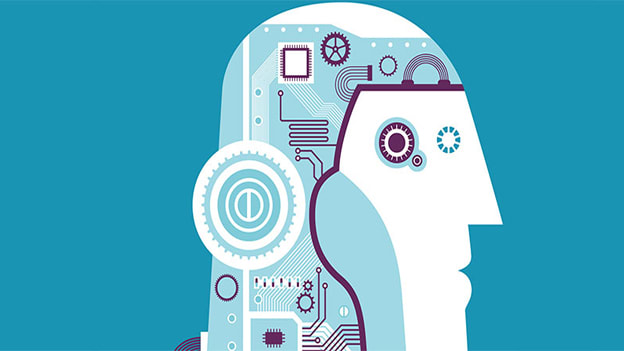Here’s how AI technology is transforming corporate learning

HR Tech that Matters Read similar articles

The days of ‘spray and pray’ type of training are over.
Today’s HR and business leaders need to be aware of individualized needs based on the specific context of an individual learner. Personalized and contextual training is going to be the next big wave in learning technologies where ‘Context is king’.
With access to high-speed internet, employees are able to garner information about what they need to excel at their work. The world is moving towards self-serve –learners will play a proactive role in crafting their learning agenda.
While companies earlier invested in proprietary content, today, companies take advantage of the ‘limitless’ information that is already available– which means they are more likely to choose what is being consumed by a peer in a similar job context.
The role of artificial intelligence
There’s a growing demand for an AI and ML-based systems that can assimilate knowledge from everywhere and contextualize it for an individual. Alt learning is one such tool that leverages digital training using artificial intelligence and machine learning tools. The key features include:
- Allow a person to access the information on learning that is most relevant to them at the time that they require it, rather than when the trainer wants them to be trained. This stems from an underlying belief that training is best given when the person needs it and how the employee wants it.
- Proactive career support: We are working with companies to help them guide individuals along their career path in a way that would be more detailed than what a buddy, mentor or a manager would be able to manage.
Imagine if someone was tracking your progress on a daily, weekly or monthly and can give you corrective measures which will help you move along your career in a much better path continuously. All of this is possible because of the data from your own organization. If your software can compare that data of people who have been highly successful, that's a pretty powerful tool to have. - Capturing tacit knowledge that exists in Enterprises: Every company has to face the risk of losing the knowledge that an experienced employee possesses when he or she leaves the company. A feature that will be central to Alt learning is a solution that will be able to capture that knowledge and keep it for posterity’s sake and the betterment of the company.
The role of an L&D professional
As technology allows a world of possibilities, the skills of a learning professional are also evolving.
From being a ‘content maker and a report writer,’ the role is now evolving into a mentor/guide/ counselor. The L&D professional will need to be the concierge who will ensure that the relevant growth tools and knowledge are available to the right person at the right time using the right medium. This shift will require L&D professionals to become generalists with a high level of EQ. In summary, L&D professionals will need to understand technology and how they can overlay technology on any function to be able to get the most relevant and desired outcomes for an individual.
Addressing challenges and the future
One of the biggest challenges that learning administrators face is getting employees to take training or assessments. Even today, the best of the MOOCs have a 10 to 15% completion rate. Using AI and ML-based tools, HR will be able to provide relevant and topical statistics to help an employee reflect on why they should take the training now. A client with assessment adoption rates as low as 23% was able to significantly improve adoption using Alt Learning. Within three months of go-live, adoption jumped to 83%.
IoT (Internet of Things) is coming along in a big way. For example, using IOT, one can track what has been my interaction, with whom and at what time? That would give one a lot more insight into the learning pattern of an individual. AR and VR (Artificial Reality and Virtual Reality) are also upcoming technologies in L&D. As technologies keep evolving, a mix of all of these will be the optimal way of learning in the future.
People want growth. Employees want growth. Companies want growth. If everyone wants growth and there are ways and means of being able to manage the individual, group or company level growth, I believe the future of work is in good hands. It is up to the managers to realize that the old systems have to be broken now for them to be able to move ahead and grow.







